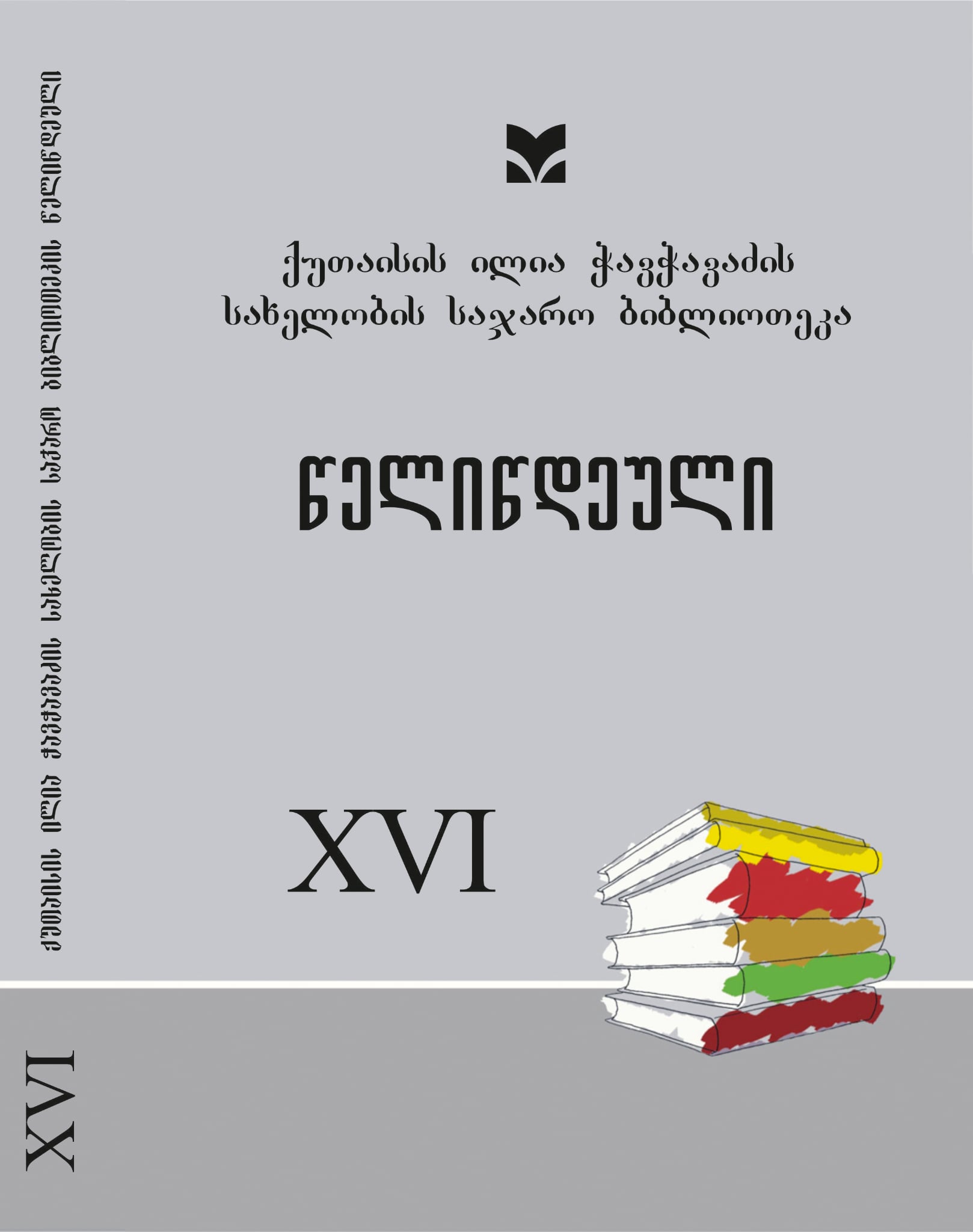An Ethnic-Cultural History Narrated Through Surnames (Based on Ethnographic Materials from Guria and Migrant Families from Guria)
DOI:
https://doi.org/10.61491/yk.16.2024.9400Keywords:
Georgian surnames, ethnic-cultural history of Georgians, family relationshipsAbstract
The ethnographic materials preserved in public memory and museum archives, often referred to as „Marital Narratives“, constitute a chronicle documenting the ethnic-cultural history of the Georgian people. Similarly, these narrative materials provide insight into the histories of families that migrated from Guria to various historical-ethnographic regions of Georgia, as well as those who settled in Guria from other areas.
The „Marital“ narratives, which reflect ethnic-cultural history, the lived experiences of Georgians, socio-economic and socio-cultural transformations, and reasons for internal migration, preserve numerous realities characteristic of Georgian life. These include the region’s original family lineages, the origins of settlements named after family surnames, monogenic neighborhoods, issues of religious belief and relations with places of worship, blood and fictive kinship ties and the customs they produced, strict intra-family exogamy rules, and other notable social norms. The narratives also reveal the multifaceted expressive potential of the Georgian language.
This study compiles the histories of families that have already been documented and additionally analyzes newly collected ethnographic materials concerning families who migrated to Guria from Imereti, Adjara, and Meskheti, as well as Gurian families who relocated to other parts of Georgia. The research examines the religious-cultural practices and linguistic characteristics of these migrant families in the context of the political, social, and economic factors that shaped their migration and settlement.
Findings:
1. Insights into the mentality of Georgians as conveyed through various forms of daily and cultural life.
2. The influence of natural and economic conditions on living patterns, lifestyles, and the causes of migration.
3. Actions taken to comparatively alleviate or improve „precarious living conditions“ imposed by external pressures and internal political, social, and economic relationships, including attitudes toward religious beliefs and places of worship.
4. Aspects of kinship and family relationships.
5. The ethnographic lexicon and the multifaceted expressive capacities of the Georgian language.
6. The Georgian people did not accept the loss of freedom passively and, on this basis, „submitted to fate when living elsewhere, in other regions of Georgia“.




